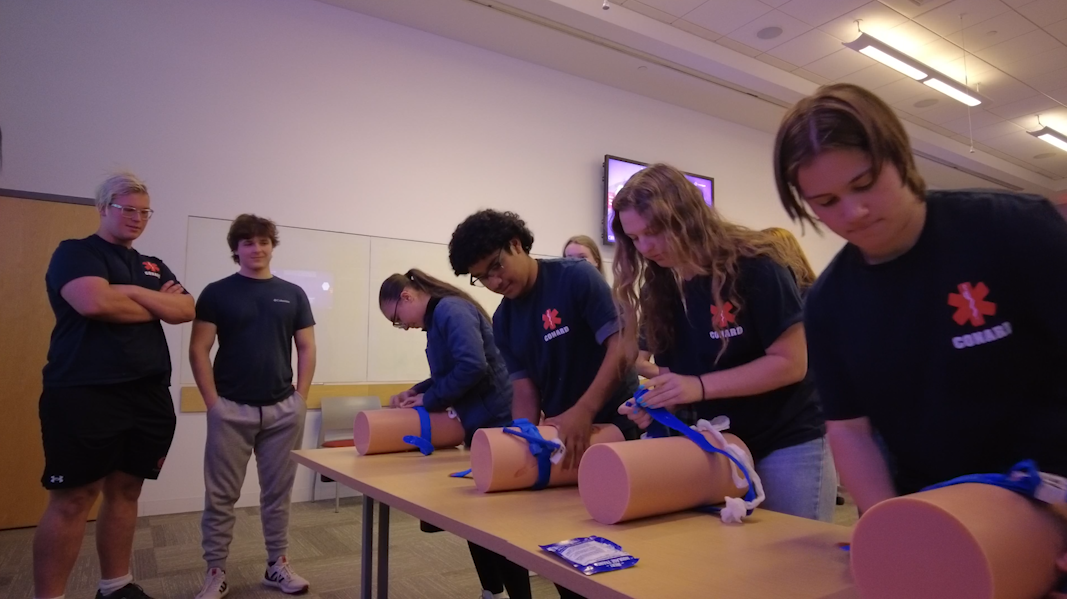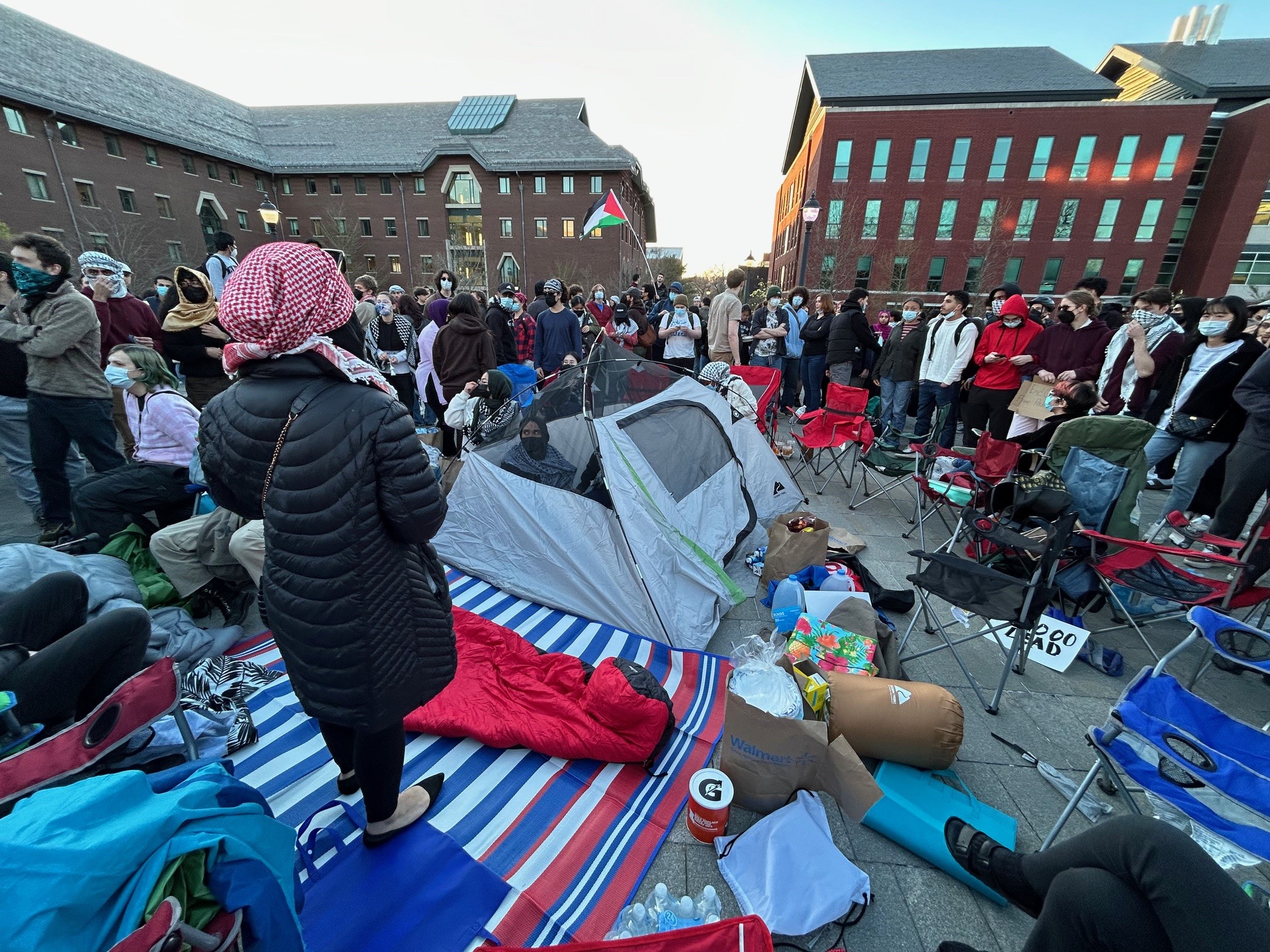Janelle Posey-Green, Jelan Agnew, and Dani Moye are therapists in different parts of Connecticut, but they have all heard similar concerns from clients amidst the COVID-19 pandemic.
"When will this be over and will I be able to survive this?" said Posey-Green, detailing the top questions she has heard over the last month.
Posey-Green, a Licensed Clinical Social Worker who co-owns Magnolia Wellness, a private practice in New London, said that most of her clients are African American women. Many of the women are still working on the front-lines of COVID-19, juggling work and navigating a new normal while having to confront the fact that African Americans are more likely to contract the virus.
"People are starting to feel hopeless and helpless," said Posey-Green.
According to data from the State of Connecticut, the COVID-19 infection rate for the black population is double the infection rate for the white population.

"The disparities are on a number of different levels," explained Dr. Cato Laurencin, CEO of the Connecticut Convergence Institute.
Local
Laurencin was one of the first people to study COVID-19 data in the state and published a paper in the beginning of April on identifying and addressing racial and ethnic disparities during the pandemic.
According to Laurencin, the higher infection rate for African American communities can be attributed to preexisting social inequities including less reliable access to health care and a higher rate of chronic illnesses. Laurencin said that black people are also more likely to have jobs that require them to leave the house and to live in environments, such as apartment buildings, that make social distancing more difficult.
"All of these have a common thread of racism or discrimination as a part of what is going on," said Laurencin.
Laurencin added that getting accurate racial data from COVID-19 testing will be critical. Right now, the state is missing race information for about one-third of all COVID-19 patients.
"It is very important because of how we direct resources," said Laurencin. "If we know that certain communities are impacted more, we have to direct the resources in terms of testing, in terms of clinical treatment."
Therapists say it is also important for the impacted communities to have access to mental health resources.
Agnew, a Licensed Clinical Social Worker who owns a private practice in Hartford, said that a lot of her clients are coming to her voicing concerns over lack of trust in the health care system and disparities in treatment. She said that it is important for people to seek mental health care right now and added that a lot of insurance companies have waived copays.
"Specifically health workers, specifically those on the front-lines because you might think you are okay and your anxiety might be showing up in a different way than it normally does," said Agnew.
Agnew also suggested sticking to a routine and leaning into activities that "replenish" you.
"It takes resiliency to even be able to manage through any little thing so something this big, we really have to make sure that we are holding each other and keeping in contact with those that we love," said Agnew.
Moye, a marriage and family therapist in Rocky Hill, said that sticking to a schedule can help with anxiety during the pandemic.
"If you know you are more productive at a certain point of the day, being mindful of that and prioritizing maybe some of those more intense tasks sooner and then as your day scales back try to come more into yourself," said Moye.
Moye also said that she is encouraging her clients to still find things that are meaningful. She suggested scheduling a video game night with family or friends.
"And do some self-work at home. Rest or really plug in to that project that you have been putting off for a while. Either way, you are doing something different and you are learning to get comfortable with the discomfort just a moment," said Moye. "After this, I really think there is going to be a lot of self-growth in people."
Posey-Green said that she is most concerned about the people who are not reaching out for help during this time. She encourages community and has several Facebook groups that people can join. Posey-Green also curated a list of Connecticut therapists and healing practitioners of color and hosts a podcast covering black culture and mental wellness.
"Trust me, everybody is really worried about this," said Posey-Green. "Especially in our community and there are modalities that you can use so you don't feel alone."



